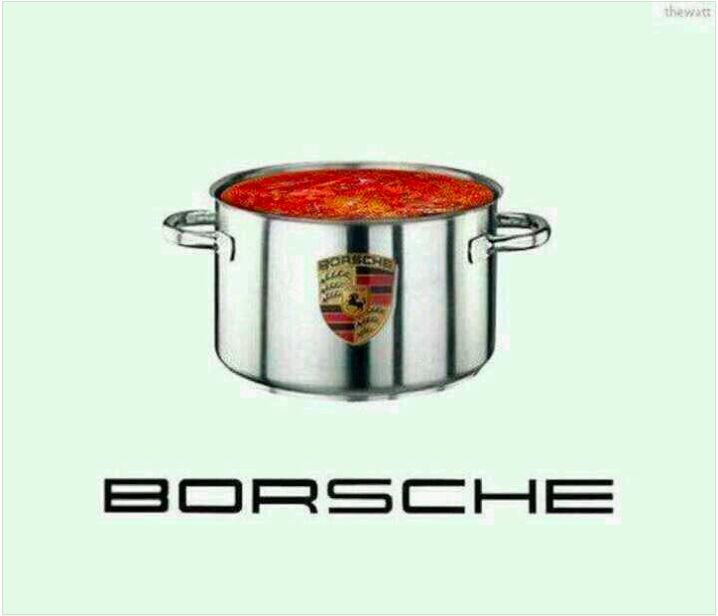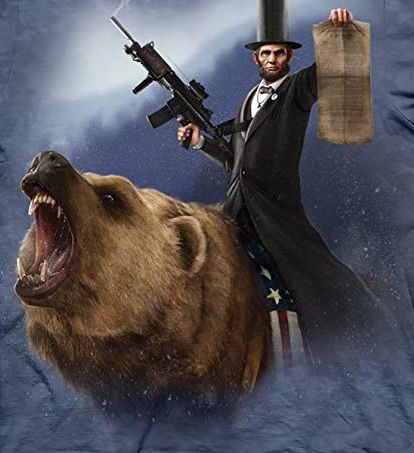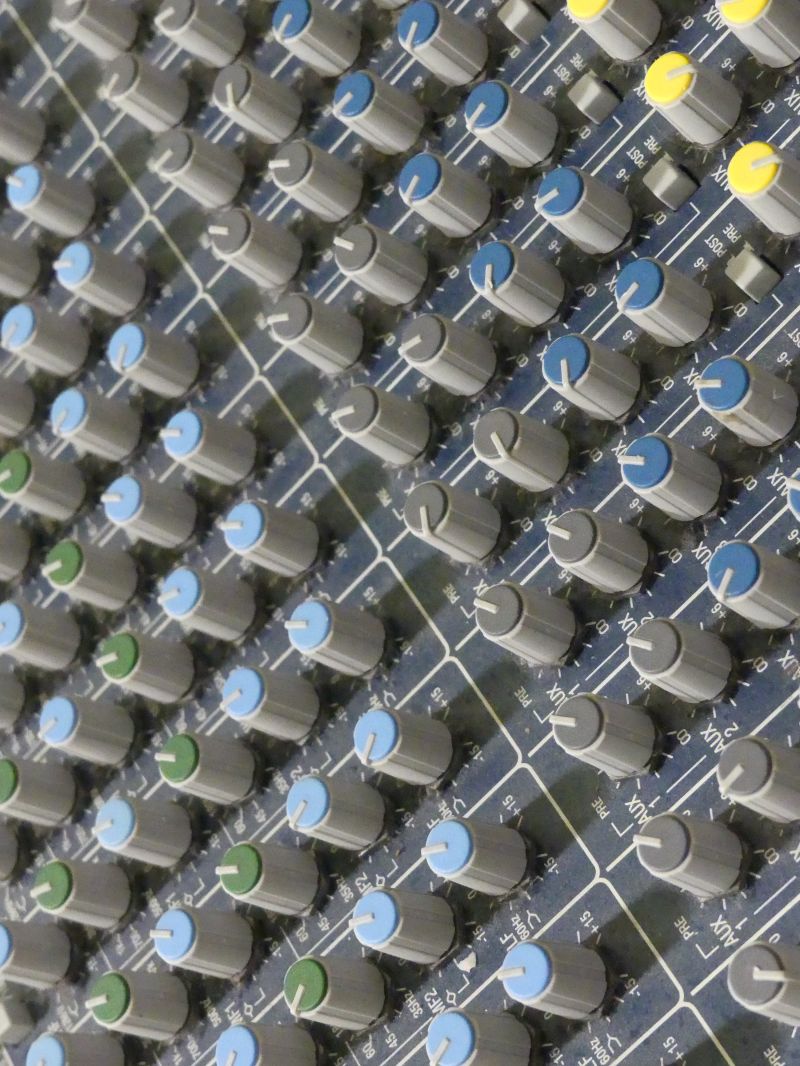Once upon a time, back when fairytales were non-fiction, the word ‘great’ meant something. Sometimes, although in increasingly rare instances, it still does.
Your great-grandfather is reliably different from your grandfather, being his father and all. How much greater a greatcoat is than just a coat is known to anyone who has worn one in winter weather. And let’s face it: Great Caesar’s Ghost is pulling in royalties on a scale entirely removed from just any caesar’s ghost.
Overall, though—the world turns, times have changed, and as Yogi Berra irrepeatably put it, “a nickel ain’t worth a dime anymore.” ‘Great’ is great no longer, and now, instead of signifying rarity, denoting quality, and demanding awe, it simpers strangely in all corners, endless copies of itself screaming ubiquity, connoting commodity, and begging for a halfway decent burial.
Greatings. What is it? Is it even a word? It isn’t. It is, however, something infinitely worse: the experience of having the word ‘great’ grate on you.
Fluff that doesn’t cost you anything in feeling… a growling monosyllabic self-contradiction… a lazy adman’s trusty crutch—’great’ is a wretch that reeks of insincerity, hints at insecurity. To use it in any but the narrowest sense of ‘vast, all-encompassing, superlatively good, larger than life’—i.e. to use it in the sense of ‘fine, so-so, I like it enough, people don’t seem to mind it’—is to betray your craft, is to admit defeat, is to tattoo “I am a hack” on your neck and “I am feckless” on your writing arm—naturally, without knowing what that ‘F’ word means.
Snitches, they say, get stitches. By analogy, if, as a commercial writer, you use ‘great’, you will meet your fate—and with a quickness—and it will be anything but you-know-what.
Just don’t do it.
The Contrarian Agrarian is off today.





